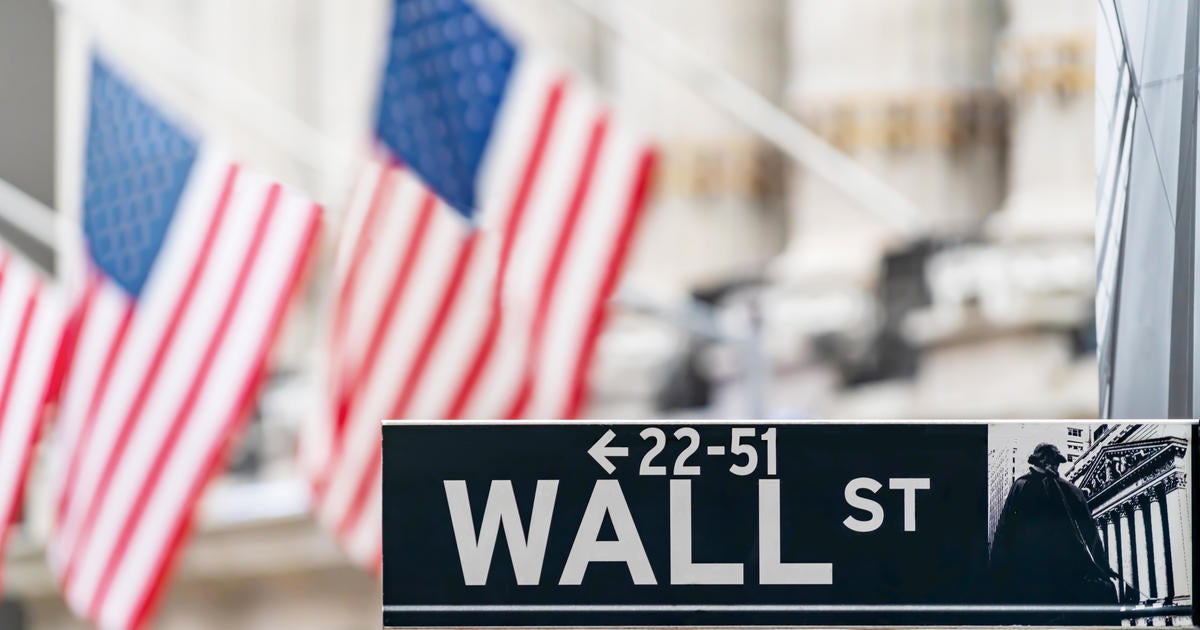Key takeaways:
- Wall Street experienced further declines due to President Trump’s announcement of new tariffs on imports from Mexico, Canada, and China, raising concerns about economic impact and market volatility.
- Retail executives, including those from Target and Best Buy, have indicated that consumers will soon feel the effects of the tariffs through potential price increases on various goods, challenging President Trump’s promise to reduce prices.
- The stock market downturn reflects broader concerns about the tariffs’ implications on the U.S. economy, with companies and investors assessing potential consequences, including retaliatory measures and supply chain disruptions.
On Tuesday, Wall Street experienced further declines following a significant sell-off on Monday. This downturn was triggered by President Donald Trump’s announcement to implement 25% tariffs on nearly all goods imported from Mexico and Canada, along with an additional 10% on Chinese imports. The decision has raised concerns among investors and companies about the potential economic impact and has led to increased market volatility.
Retail executives have indicated that the effects of the tariffs will soon be felt by consumers. Target’s CEO mentioned that the company might increase prices on fruits and vegetables in the coming days as a direct response to the new tariffs. Similarly, Best Buy’s chief executive stated that price hikes are “highly likely.” These developments present a challenge to President Trump, who had promised to reduce prices from the outset of his presidency but has faced persistent inflation and shortages of essential grocery items.
The stock market’s downturn reflects the broader apprehension about the tariffs’ implications on the U.S. economy. Companies and investors are assessing the potential consequences of the tariffs, as well as the retaliatory measures from Canada, China, and Mexico. The situation has led to heightened uncertainty in the markets, with businesses and consumers bracing for potential price increases and supply chain disruptions.
Even major retailers like Walmart, known for offering competitive prices, have acknowledged the potential impact of the tariffs. The company recently warned that it might not be entirely shielded from the effects of federal import taxes on goods from America’s largest trading partners. As the tariffs take effect, the economic landscape is poised for further shifts, with businesses and consumers adjusting to the new trade dynamics.



Be First to Comment